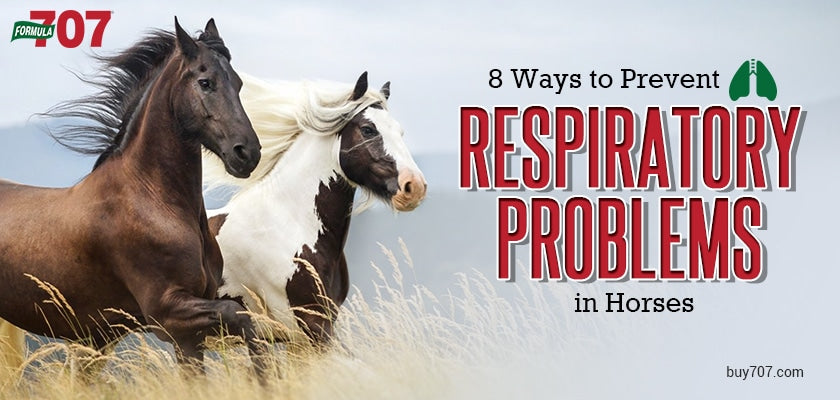Common causes of respiratory problems in horses
Before going into prevention, it is important to understand some of the common causes of respiratory problems. Some of these can affect the airway or nasal passage while some can affect their lungs. The most common causes of respiratory problems in horses are:- Bacteria and viruses
- Allergens
- Harmful gases
- Breathing pattern changes
- Nasal discharge
- Eye inflammation
- Cough
- Lethargy
- Fever
- Poor appetite

